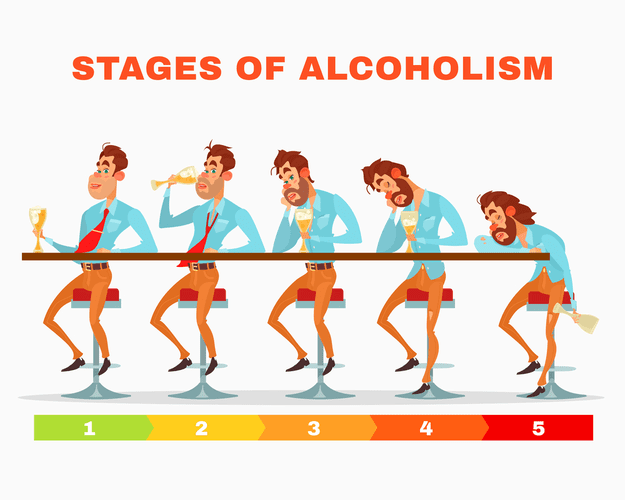Because the two syndromes often occur together, the above symptoms can overlap and do not necessarily occur on a https://ecosoberhouse.com/ specific timeline. It is more common to experience the symptoms of Wernicke encephalopathy first, though it is not a rule that they have to appear that way. The primary symptoms of the wet brain can be broken down into two categories since it is really the occurrence of two separate syndromes.
- If someone says their brain is turning to mush after pulling an all-nighter, they are not exaggerating—their brain is operating under metabolic duress.
- It’s like giving your brain a pressure release valve, helping to prevent it from getting overwhelmed.
- Address nutritional gaps by consuming a diet rich in whole foods, healthy fats, lean protein, and diverse plant-based fiber.
- You must seek out professional treatment to quit drinking, as stopping alcohol consumption suddenly can be dangerous.
Understanding Brain Fog: When Your Mind Feels Like Mush
- While wet brain syndrome remains a serious condition, there’s reason for hope.
- Heart and nervous system cells are extremely sensitive to a thiamine deficiency.
- We’re not there yet, but scientists are working tirelessly to make these possibilities a reality.
- Your brain will thank you for the break from the constant ping of notifications.
Dual diagnosis programs can help people who are suffering from addiction along with a co-occurring disorder, such as anxiety, stress, or depression. People who are struggling to end substance use and dependence mush brain and cope with the symptoms of mental health disorders in their lives can get the help they need through a dual diagnosis program. As a result of this isolation, many people who suffer from alcohol abuse develop depression, anxiety, and other disorders and emotional struggles. When a person is suffering from addiction combined with things like depression, it can be even harder for him or her to overcome substance abuse. Both of these problems can lead to a deficiency of thiamine as well as other important nutrients and vitamins. As a result, people who suffer from alcoholism may begin to experience symptoms of WKS and become very ill.
- The excessive consumption of alcohol can cause a deficiency of thiamine, or vitamin B1, which is an essential vitamin for the proper functioning of the brain and body.
- Survival after diagnosis of Wernicke encephalopathy averages less than 10 years.
- Because her FOP wasn’t noticeable while she was in school, she neglected to share her condition with others.
- Having people who understand what you’re going through can make a world of difference.
- It can also turn into a gas through the process of evaporation, where liquid water changes into water vapor.
Progression Signs and Symptoms

Wernicke encephalopathy usually occurs first and causes damage to the thalamus and hypothalamus, which are in the lower part of the brain. Wernicke-Korsakoff syndrome (WKS), commonly referred to as “wet brain,” is a serious neurological disorder most often linked what is alcoholism to heavy, prolonged alcohol use. Thiamine is crucial for many metabolic processes in the body, including those that help the brain produce energy.
What Causes Wet Brain?
While research is still ongoing, there’s evidence to suggest that some individuals may be genetically predisposed to developing BSS. It’s like some of us are walking around with a ticking time bomb in our skulls, just waiting for the right (or wrong) conditions to set it off. Environmental influences and lifestyle factors can’t be ignored either. Our modern world is a cacophony of stimuli, from the constant ping of notifications to the relentless demands of work and social life. This sensory overload can overwhelm the brain, potentially contributing to the development of BSS.

This blog chronicles my life first as a medical student, then as a resident. If you think ‘Scrubs’ or ‘Grey’s Anatomy’ tells the stories of a resident’s life, then here is what it is really like (for one resident, anyway). No patient information is released and information that can be used for identification has been changed. Studying FOP can also yield insights into common conditions like osteoporosis, which affects one in three women and one in five men over age 50 worldwide.








No Comment